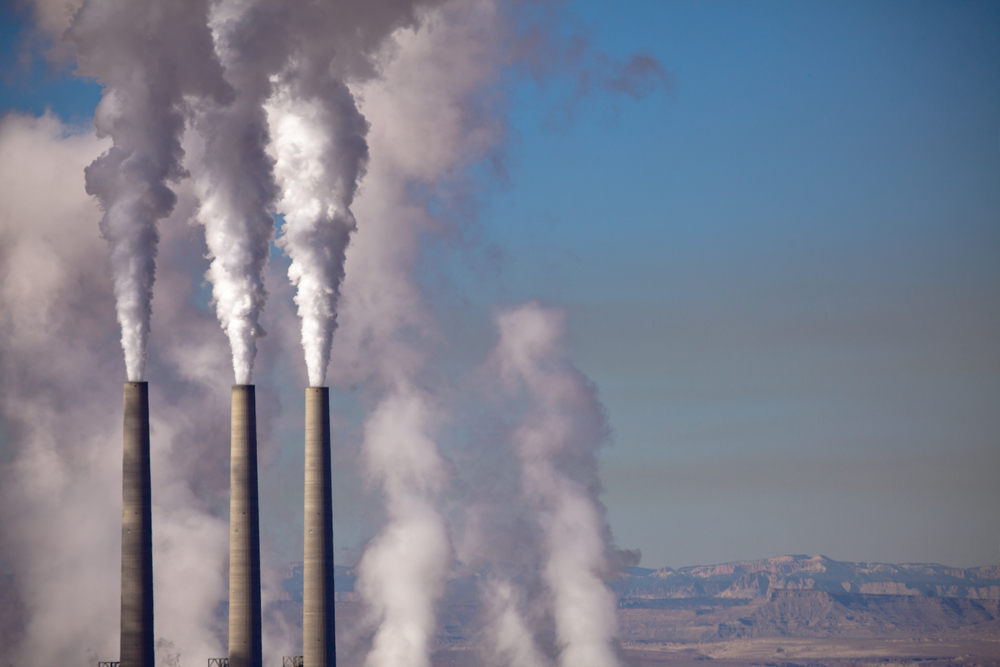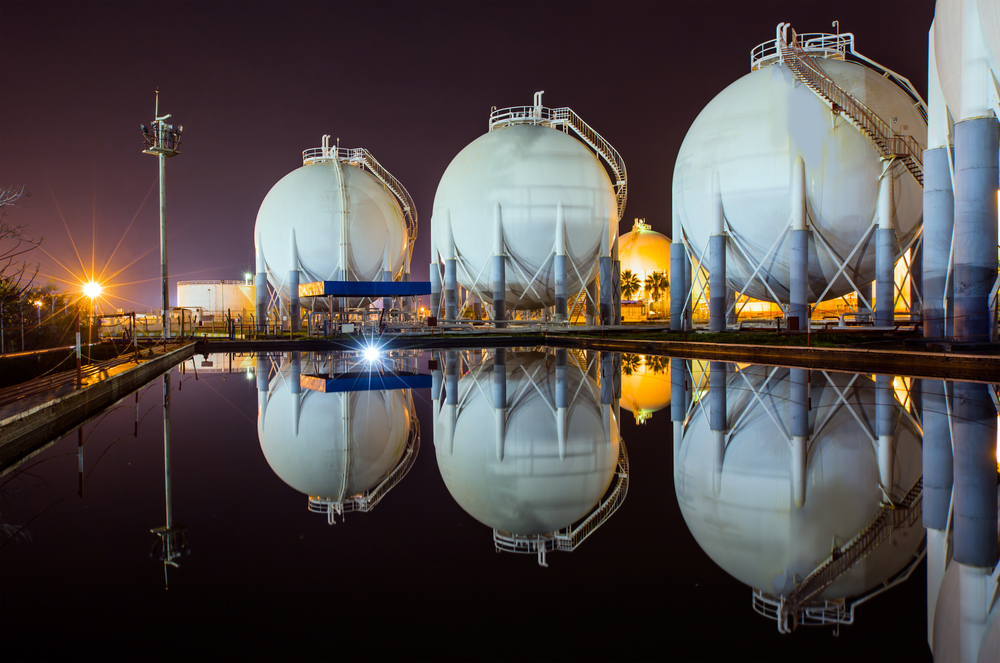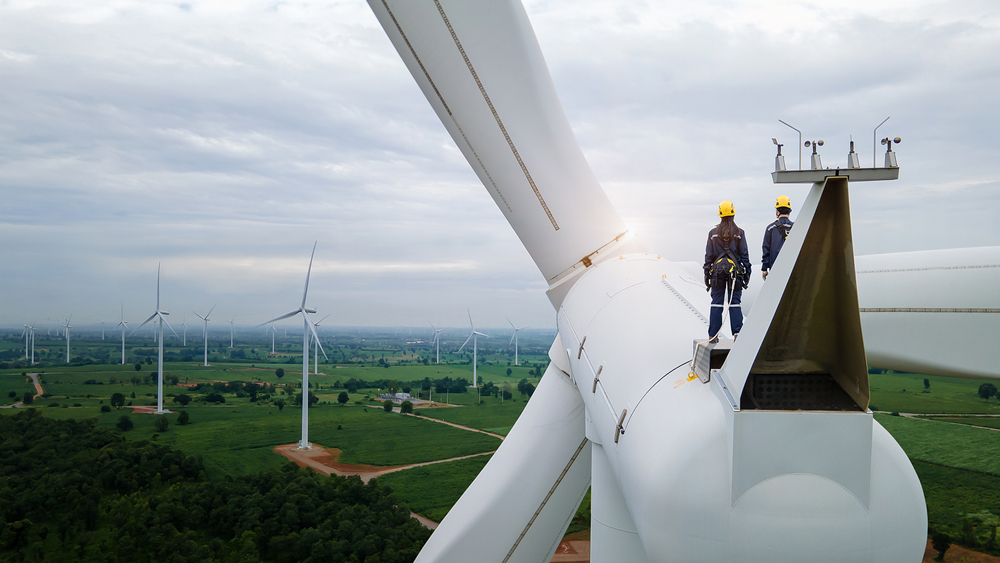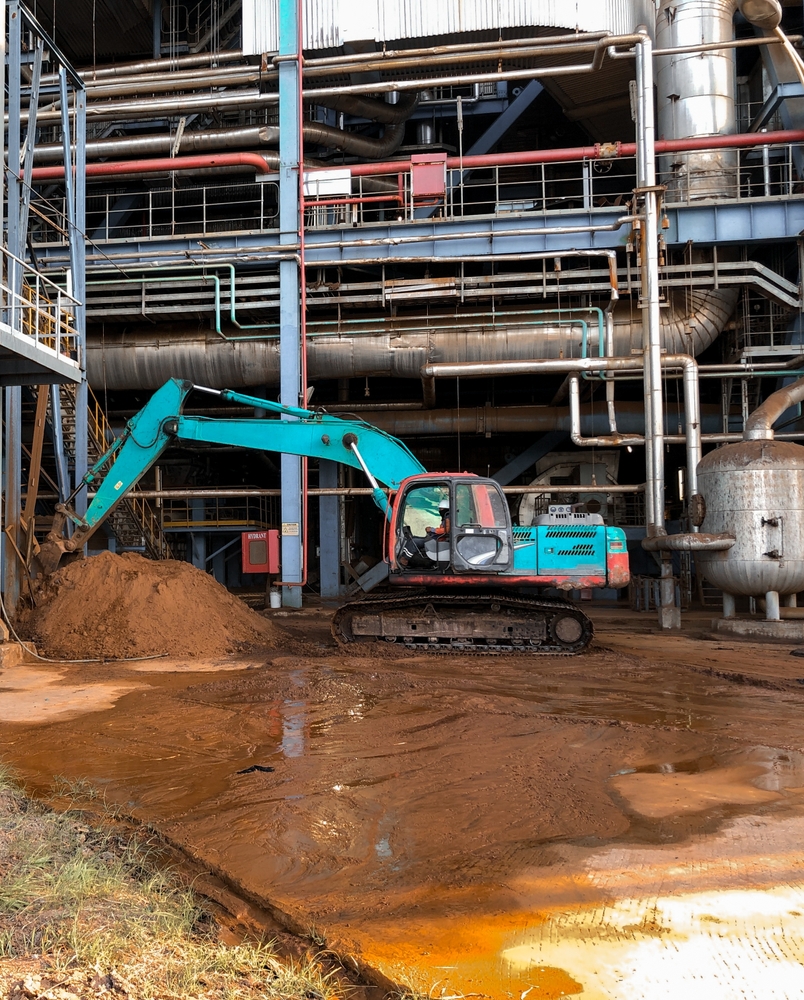The decline of the coal industry is a multifaceted issue, influenced by a variety of factors ranging from economic shifts to environmental concerns. From the stiff competition posed by natural gas and renewable energy sources to increasing environmental and health concerns, this article explores the multifaceted reasons behind coal’s diminishing role in the global energy landscape.
Contents
Environmental Regulations

Stricter environmental regulations have significantly impacted the coal industry. Governments worldwide are implementing policies to reduce greenhouse gas emissions and combat climate change, leading to tighter controls on coal-fired power plants. These regulations increase operational costs and have prompted a shift towards cleaner energy sources.
Competition from Natural Gas

The rise of natural gas as a cheaper and cleaner alternative to coal has been a significant factor in coal’s decline. Advances in drilling technologies, like hydraulic fracturing (fracking), have made natural gas more accessible and economical, leading many power plants to switch from coal to natural gas.
Growth of Renewable Energy

The rapid growth and adoption of renewable energy sources such as solar, wind, and hydroelectric power have further eroded coal’s market share. Renewables are becoming increasingly cost-competitive due to technological advancements and government subsidies, offering a more sustainable and environmentally friendly energy alternative.
Declining Cost of Solar and Wind Technology

A substantial drop in the cost of solar panels and wind turbines in recent years has made these renewable energy sources more competitive with traditional fossil fuels. As production scales and technology improves, the economic case for coal becomes increasingly difficult to justify.
Public Health Concerns

The burning of coal is a major contributor to air pollution, which has been linked to respiratory diseases, heart conditions, and other health issues. Public awareness and concern over these health impacts have led to increased opposition to coal power, influencing both policy and public sentiment.
Global Climate Agreements

International climate agreements, such as the Paris Agreement, have committed many nations to reduce carbon emissions. These commitments often involve moving away from coal power in favor of greener alternatives, diminishing the global demand for coal.
Divestment from Coal

There has been a growing trend in divestment from fossil fuels, including coal, among major financial institutions and investors. Concerns over the long-term viability of coal as a business and its environmental impact have led to reduced investment and financing for coal-related projects.
Advancements in Energy Storage

Improvements in energy storage technologies, such as batteries, have enhanced the viability of renewable energy sources. These developments help address the intermittency issues of solar and wind power, making them more reliable and further diminishing the appeal of coal.
Social and Political Activism

Increased activism and public awareness campaigns have put additional pressure on governments and businesses to move away from coal. Environmental groups and community activists have been successful in campaigning for the closure of coal mines and power plants, influencing public policy and opinion.
Aging Infrastructure

Many coal-fired power plants and mining facilities are aging and require significant investments to update or maintain. Given the other challenges facing the industry, investing in old coal infrastructure is often seen as less economically viable compared to investing in newer, cleaner technologies.
This article originally appeared on MyCarMakesNoise.
More from MyCarMakesNoise
13 Best GM Trucks Ever Built

General Motors (GM) trucks are renowned for their powerful performance and unwavering reliability, consistently standing out with rugged durability and innovative design. Whether you’re a collector, an adventurer, or in need of a dependable work vehicle, GM’s lineup includes some of the most iconic trucks that meet a diverse array of needs. Read More.
21 Affordable Vehicles Ready to Conquer Any Terrain

Embarking on off-road adventures doesn’t have to come with a hefty price tag. Whether you’re a seasoned trailblazer or a weekend warrior, plenty of affordable vehicles can tackle rough terrain with ease. Read More.
21 Cars Built to Last Beyond 250,000 Miles

Choosing a car that offers both reliability and longevity is crucial for many drivers. They seek vehicles that not only fulfill daily requirements but also have the ability to surpass significant mileage milestones with minimal complications. Read More.














